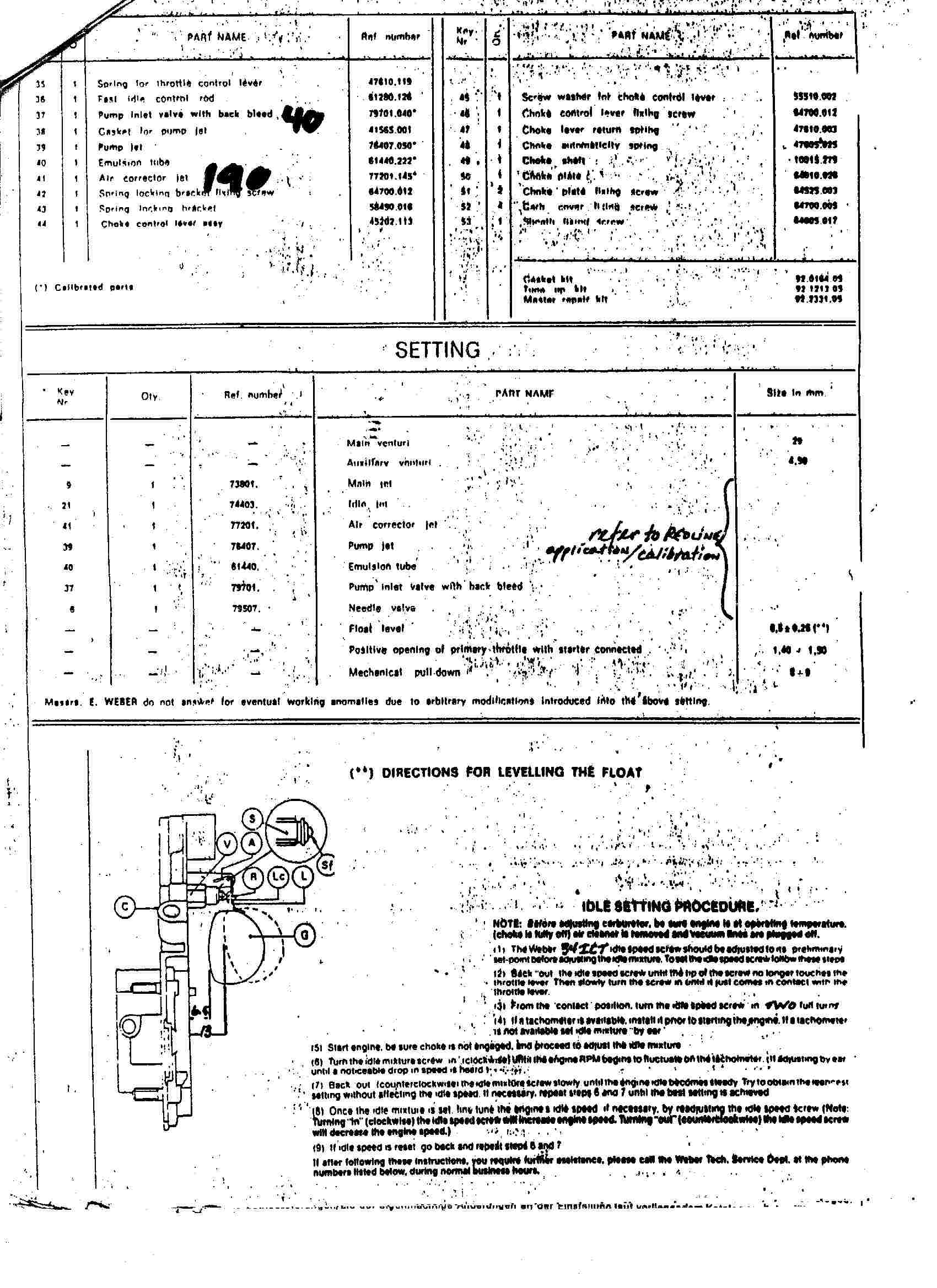I cannot seem to keep my Carburator running quite the same from week to week. I recently baught another Weber (Don't Laugh) and had to install it to drive cross country in my Series III. Took Most of the drive across the US to get it to run decent (timing was all screwed up). Now that I'm In NY, I cannot seem to get it to run with any consistancy. I'm getting about 13-15 MPG if I drive 45-50 and about 9mpg if I drive 55+. I don't think it's lean but, when it's colder I have to leave it partially choked all the time. I think the trucks running to high RPM at idle (don't have a timing light so can't check). Doesn't smoke excessively, no smell of fuel. I'm a Diesel Mechanic with more time under the hood of Defenders (300TDI's) then under my own Bonnet and need some guidence because I'm just not sure what the heck the Series Petrol is supposed to be like when It's running good?




 Reply With Quote
Reply With Quote







